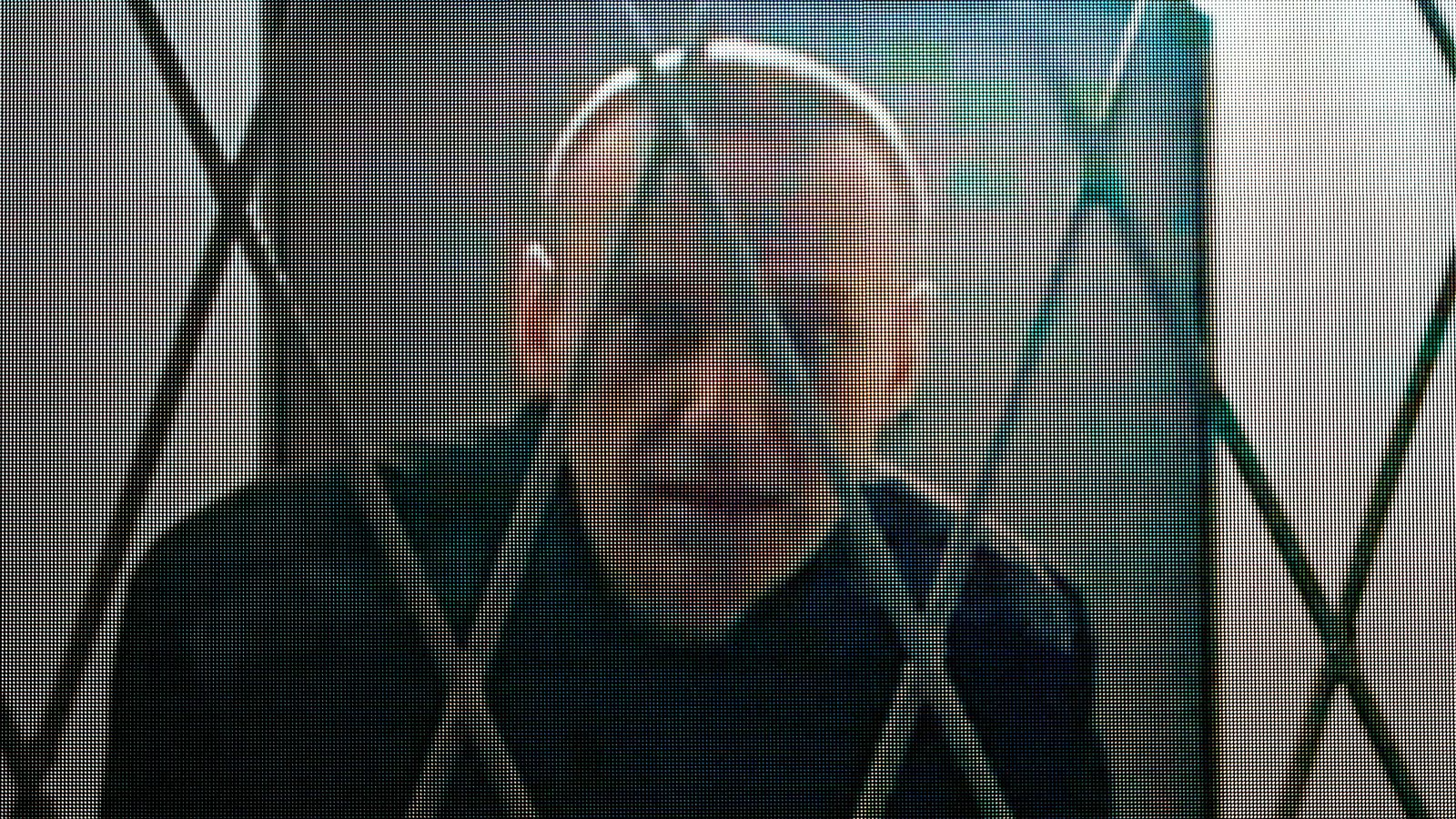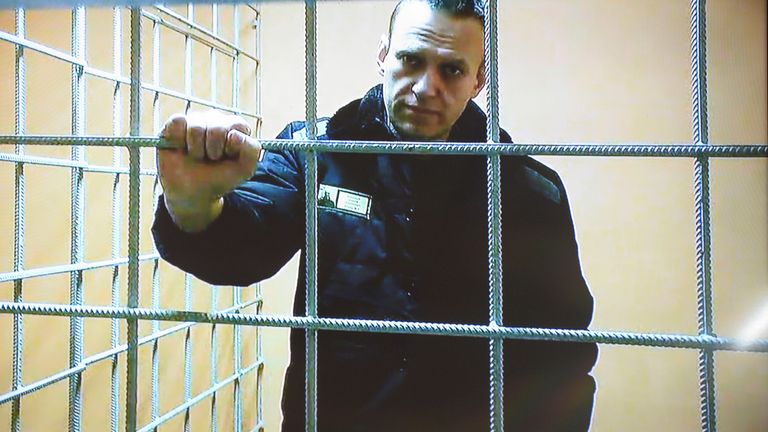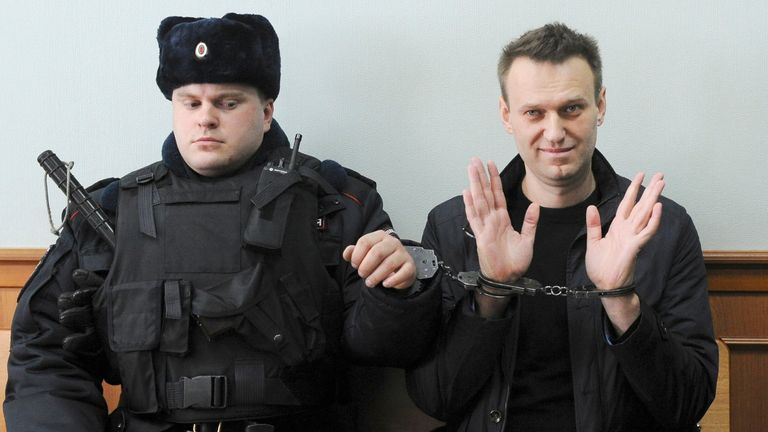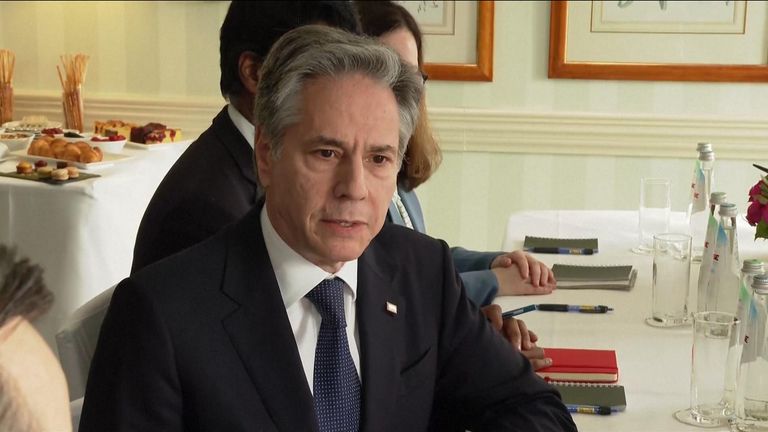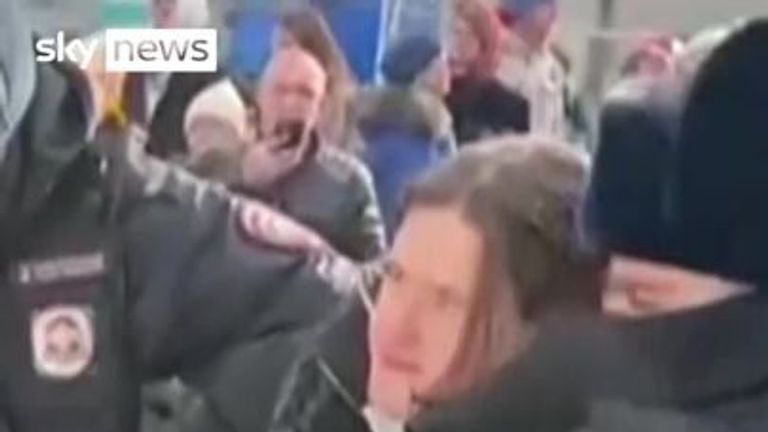The death of Russian opposition leader Alexei Navalny has sparked a series of questions and accusations, including over how he died and, crucially, who, if anyone, is responsible.
Several Western leaders, as well as Mr Navalny’s wife, have pointed the finger of blame firmly in the direction of the Kremlin, with US president Joe Biden saying it is likely a consequence of something “[Vladimir] Putin and his thugs did”.
However, prison authorities in Russia, who were responsible for the jailed dissident at the time of his death, have attempted to put forward another story.
Their suggestion has been the rare “sudden death syndrome” as a possible cause of death for the 47-year-old – a vocal critic of Mr Putin.
Meanwhile, Mr Navalny’s mother, who on Saturday attended the Siberian prison in which her son died, has accused authorities of failing to release his body, raising further questions.
Here’s what we know so far:
Announcement of Navalny’s death
At 11.20am UK time on Friday, the Russian news agency Interfax, citing Russia’s Office of the Federal Penitentiary Service, reported that Mr Navalny had died while in prison.
Mr Navalny, who campaigned against official corruption and led major anti-Kremlin protests, was serving a 19-year sentence on charges of extremism.
He was serving his sentence at the “Polar Wolf” penal colony about 1,200 miles (1,900 km) northeast of Moscow, and within the Arctic Circle, at the time of his death.
Russia’s prison service said in a statement that Mr Navalny “felt unwell after a walk, almost immediately losing consciousness”.
“All necessary resuscitation measures were carried out, but they did not yield positive results,” the statement added.
“Emergency medical doctors confirmed the death of the convict.”
‘Sudden death syndrome’
On Saturday, Mr Navalny’s spokesperson confirmed that the Kremlin critic had died and labelled his death as a “murder”.
She said Mr Navalny’s mother, Lyudmila Navalnaya, was informed by authorities that her son had died on 16 February at 2.17pm, local time.
“We knew that there was a risk, Alexei knew it as well. And yesterday [Friday] they murdered him as they planned to do it three years ago”, said Kira Yarmysh.
Meanwhile, Ivan Zhdanov, an ally of the dissident, claimed on social media site X on Saturday that Mr Navalny’s mother and lawyer had been told by officials at the penal colony he was being held that his death was the result of “sudden death syndrome”.
Click to subscribe to the Sky News Daily wherever you get your podcasts
Sudden death syndrome is a vague term for different cardiac syndromes that cause sudden cardiac arrest and death.
According to the British Heart Foundation, sudden arrhythmic death syndrome, also known as SADS, is when someone dies suddenly and unexpectedly from a cardiac arrest, but the cause of the cardiac arrest cannot be found.
The charity says it usually happens when an abnormal heart rhythm, known as an arrhythmia, goes untreated, and that it can be undetectable after death because the heart will appear normal.
Body ‘not released’
Mystery now surrounds what has happened to Mr Navalny’s body, according to his allies.
According to Ms Yarmysh, Mr Navalny’s mother was told by a prison official that her son’s body was taken to the nearby city of Salekhard as part of a probe into his death.
However, when they arrived at the morgue, it was closed, and workers said the body was not there.
Hours later, Ms Yarmysh said lawyers for the politician were told Mr Navalny’s body would not be handed over to his relatives until an investigation into his death had been completed.
She accused the Investigation Committee in Salekhard of “driving us around in circles and covering their tracks” as only hours before they were told the investigation had already been concluded, and nothing criminal had been established.
Read more:
Extraordinary life of Alexei Navalny
Putin’s opponents – and their unfortunate fates
What has the Kremlin said?
Mr Putin famously refused to refer to Mr Navalny – the man considered one of the greatest threats to his regime – by name.
Kremlin spokesman Dmitry Peskov said on Friday that Russia’s penitentiary service was making all checks regarding the death of Navalny, but that he had no information about the matter.
Mr Peskov said Mr Putin had been informed of Mr Navalny’s death.
Meanwhile, Russia’s foreign ministry told the US to show restraint and wait for the results of a forensic medical examination before accusing the Kremlin of Mr Navalny’s death, Russia state media TASS has reported.
What have world leaders said?
There has been widespread condemnation of Russian authorities from world leaders following the news of Mr Navalny’s death.
Ukraine’s President Volodymyr Zelenskyy firmly pointed the blame on Mr Putin.
“It is obvious that he was killed by Putin,” he said during a visit to the Munich Security Conference in Germany.
“Putin doesn’t care who dies – only for him to hold his position. This is why he must hold onto nothing. Putin must lose everything and be held responsible for his deeds,” he added.
US president Joe Biden said Washington did not know exactly what had happened, “but there is no doubt that the death of Navalny was a consequence of something Putin and his thugs did”.
Canadian Prime Minister Justin Trudeau said Mr Navaly’s death was a reminder to the world what a “monster” Putin is.
“He was such a strong fighter for democracy, for freedoms for the Russian people,” Mr Trudeau said of Navalny on CBC Radio.
Mr Trudeau’s French counterpart, President Emmanuel Macron, expressed “anger and indignation” over Navalny’s death.
“In today’s Russia, free spirits are put in the gulag and sentenced to death,” he said.
Estonian Prime Minister Kaja Kallas said Russia “and all those responsible” must be held accountable.
“Navalny’s death is yet another dark reminder of the rogue regime we’re dealing with,” she wrote on X.
UK’s Foreign Secretary Lord Cameron said: “We should hold Putin accountable for this. And no one should be in any doubt about the dreadful nature of Putin’s regime in Russia after what has just happened.”
Crackdown in Russia
More than 400 people have been detained across 32 cities in Russia since the moment Mr Navalny’s death became public, according to independent human rights organisation, OVD-Info.
This included 230 people across multiple cities who were detained on Saturday.
OVD-Info said others had been detained the day before when they came to lay flowers in memory of Mr Navalny.
In Moscow, social media footage showed a large group of people chanting “shame” as police dragged a screaming woman from the crowd.
Footage and pictures from St Petersburg also showed officers ripping away placards from protesters and dragging others away from makeshift memorials to Mr Navalny.
